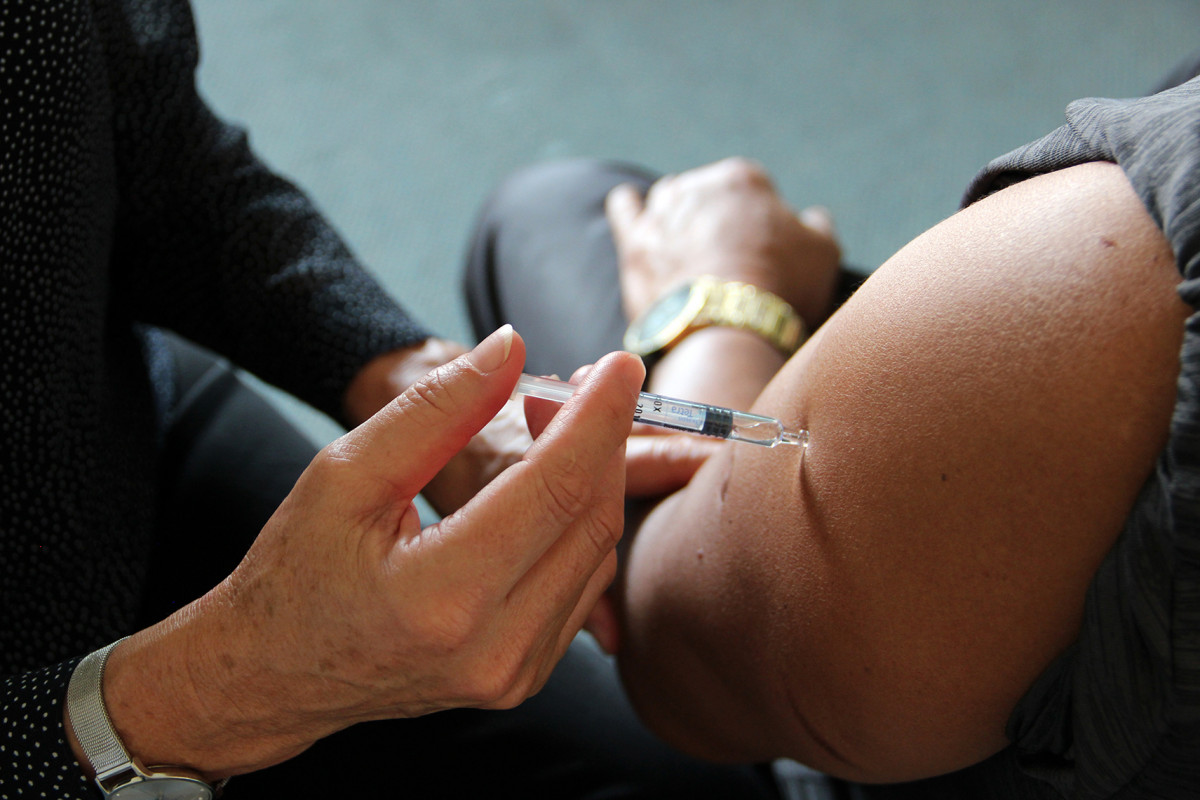Annual influenza or ‘flu’ vaccination is especially important if you are being treated for cancer. Flu vaccination is free for people who are actively being treated for cancer (excluding basal and squamous skin cancers if not invasive).
Flu is not the same as a cold. It is a more serious disease that can also make other existing medical conditions, like cancer, worse.
Flu vaccination is free for New Zealand residents, citizens and some visa holders who meet the eligibility criteria from a doctor, nurse or qualified vaccinating pharmacist now.
“It’s so important for everyone to keep well this winter and reduce the burden on our health system. Flu vaccination is free for many people who are at greater risk of complications from influenza,” says Immunisation Advisory Centre (IMAC) director Dr Nikki Turner.
Influenza is a serious illness that has caused hundreds of deaths in previous winters in New Zealand
Dr Nikki Turner, Immunisation Advisory Centre director
Dr Turner says an annual flu vaccination, even if it does not fully prevent flu every time, can still reduce the severity of the infection.[1]
A record 2.4 million doses of flu vaccine will be supplied to protect Kiwis for the 2021 season.
Flu vaccinations are free from general practices or most pharmacies for eligible people - pregnant women, anyone 65 and over, and those under 65 with heart or respiratory disease, previous stroke, severe asthma, diabetes, cancer and other serious medical conditions. Most pharmacies can vaccinate people aged 13 years and older for flu.
Free flu shots are available for all eligible people from now until December 31, 2021. However, you should get your free annual flu vaccination soon, so you are protected.
The influenza vaccine is a prescription medicine. Talk to your doctor, nurse, midwife or pharmacist about the benefits and possible risks.
The flu shot and the COVID-19 vaccination
If you already have your COVID-19 vaccination appointments, you should get these vaccinations first and allow two weeks before having your influenza vaccination.
If you don’t have an appointment for the COVID-19 vaccine yet, you should get the flu vaccine first.
The COVID vaccine only protects against COVID-19 and the flu vaccine against flu. COVID-19 and influenza are different viruses.
Don't spread the flu - or COVID!
The most important ways to stop the spread of infections, including influenza and coronaviruses, are to:
- wash hands regularly with soap and water, or cleanse with hand sanitiser
- stay at home if you are sick
- cough or sneeze into a tissue or your elbow, dispose of tissue in a bin and then wash your hands
- clean surfaces regularly.
More information:
- Check www.fightflu.co.nz to find out whether you qualify for free flu shot or to learn more about flu vaccines or call 0800 IMMUNE (0800 466 863). Some employers offer free flu vaccination to their employees at work clinics.
- Meet Albie - Albie talks you through the importance of having an annual flu shot
- For more ion COVID-19 go to www.health.govt.nz
[1] The study, "Influenza vaccine effectiveness in reducing severe outcomes over six influenza seasons, a case-case analysis, Spain, 2010/11 to 2015/16," was published online in Eurosurveillance.

